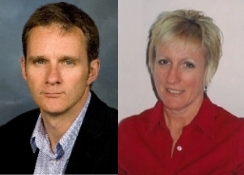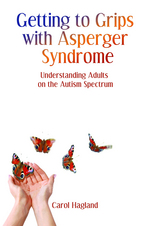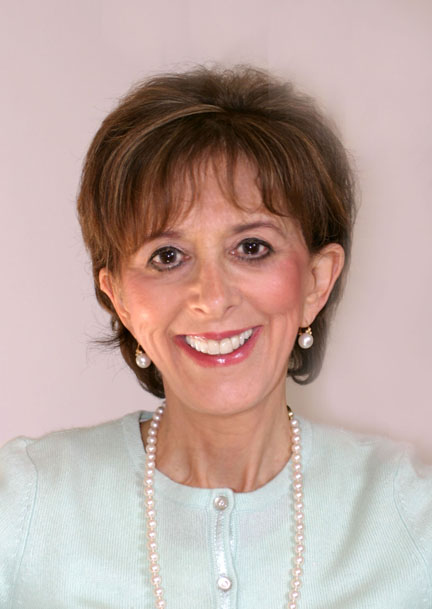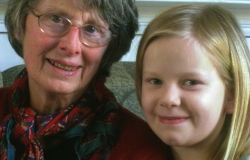Fergus McNeill and Monica Barry on Youth Offending and Youth Justice
“…the preoccupation with ‘youth’ is at the expense of ‘justice’. Too readily such systems exist or at least function so as to punish and to challenge individual young people rather than to question the extent to which the wider society is as much, if not more, to blame for the disadvantages they face.”









